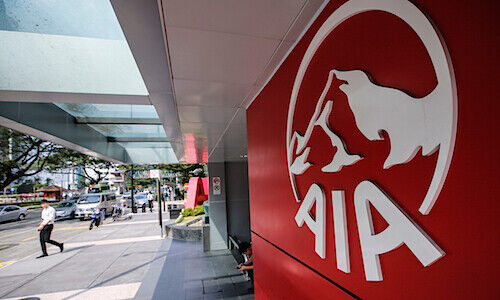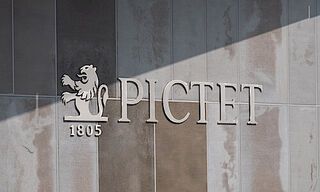Switzerland's biggest banks debunked fears for a poor first quarter. The rest of 2020 is far murkier.
Swiss bank quarterly results are already public – before Credit Suisse reports the details this Thursday and UBS follows suit next Tuesday.
Credit Suisse will best its 1.06 billion Swiss francs ($1.7 billion) result in what CEO CEO Thomas Gottstein termed a pleasing result last month. UBS was more precise: the Swiss giant expects a net profit of $1.5 billion, even after write-downs and loan loss provisions.
The two are benefiting from topsy-turvy financial markets, where volatility boosted trading as well as their respective private banking arms.
Few Defaults – Yet
They are also unlikely to feel the scale of loan defaults in either their corporate client or wealth management business that would have required a warning. Liechtenstein wealth manager VP Bank was last month forced to take a 20 million franc write-down against loans as the crisis worsened.
Clearly, assets under management at both Credit Suisse and UBS will have collapsed, at least as dramatically as financial markets have. And while the first quarter may have been a boon for traders, there was little activity due to the crisis for their larger capital markets and issuance arms.
For the two, the only clarity for the rest of 2020 is that nothing is clear: the length of the coronavirus pandemic is unknown, as well as the economic and financial fallout.
Not Cause of Crisis
Their trump card is that they are not part of the crisis – though they could over time become ensnared. The millions of jobs that the crisis has and will cost are an indicator: they signal corporate insolvencies and credit defaults of an as-yet-unknown dimension.
The U.S.' five largest banks – J.P. Morgan, Wells Fargo, Bank of America, Citigroup, and Goldman Sachs – have tentatively stowed $19 billion in additional provisions against loan losses sparked by the corona crisis.
Risk Models Falling Short?
At the same time, the CEOs of those lenders are quick to add that $19 billion won't be enough with a persistent lock-down in large parts of the U.S. The problem for risk specialists in credit departments: models may not be able to adequately forecast the dramatic changes in credit risk to come.
Barclays warned last week Credit Suisse, in particular, is sitting on bigger credit risks than its peers. Analysts for the British bank recommended investors sell the Swiss bank's stock.
The recommendation is a harbinger of what is to come: it is not investment banking's risks which are worrisome. There, corporate finance specialists will be occupied trying to help clients with liquidity requirements. Instead, it is the otherwise stable and reliable business with corporate clients.
Surging Metrics
The second worrisome area is wealth management: the inevitable drop in assets feeds straight through to fees and income. Meanwhile, private bankers will have a hard time bringing in fresh assets to manage in view of the massive uncertainty in financial markets.
Specifically, that means the cost-income ratios will surge, counter to pre-corona plans to crunch them lower. UBS, in particular, has a spending habit in its private bank, where the cost-income metric rose to 88 percent in the fourth quarter – this will only worsen.
Job Losses Ahead
The consequence is as simple as it is brutal: both banks will have to cut jobs, and «not in small numbers,» as headhunter and consultant Matthias Schulthess told finews.com last week. Both Credit Suisse and UBS have promised to halt layoffs during the acute phase of the crisis, but this will change as soon as corona becomes normality.
The two banks' domestic arms are vulnerable not just in their financing for corporate clients, but in their mortgage books. Despite a hefty government-backed economic «bazooka,» Switzerland is likely to see thousands of defaults among small- and mid-sized businesses.
Property Market Unmoved So Far
The larger risks like in the Swiss property market: should the crisis spread to real estate, the credit defaults will hurt UBS and Credit Suisse hard.
As Gottstein as well as UBS CEO Sergio Ermotti present first-quarter results – the Credit Suisse boss for the first time since his appointment nine weeks ago – the focus will be on how the CEOs manage their respective businesses while effectively flying blind.
- We'd like to hear from you! Participate in our reader survey by 30 April, and you can win one of five sets of two bottles of wine from Maison Albert Bichot.


























